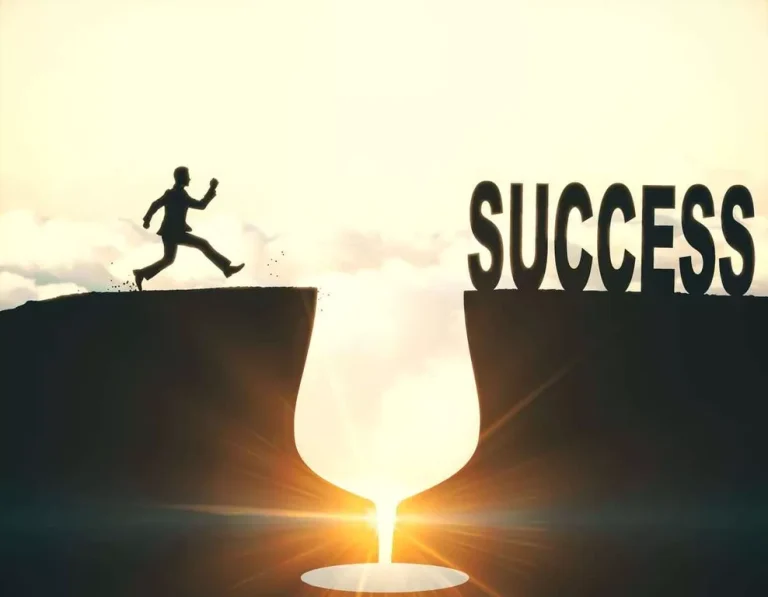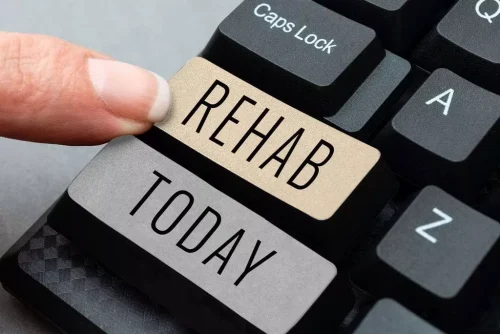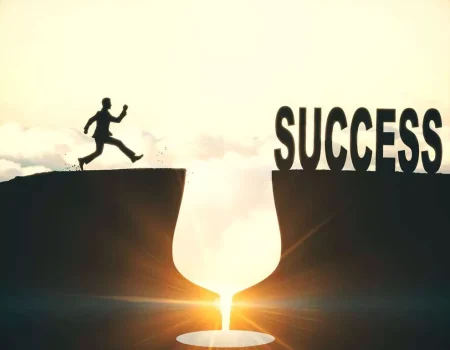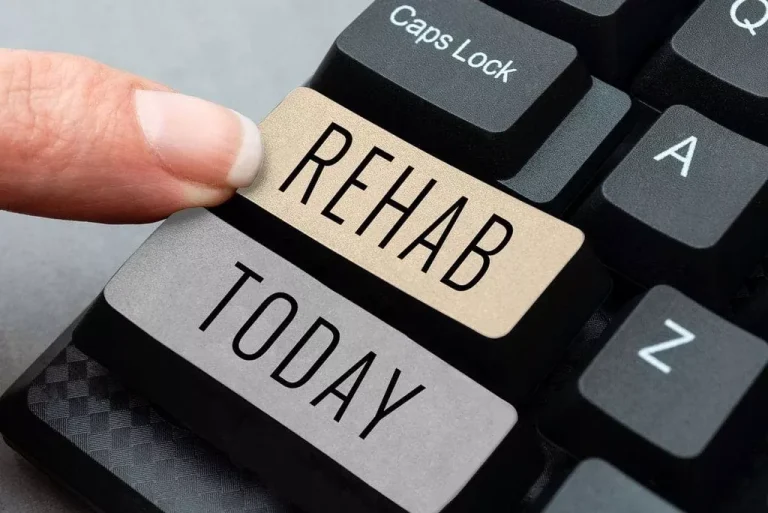
Feelings of guilt, shame, and self-blame may lead people to question their ability to overcome addiction and exacerbate underlying issues of low self-esteem. These patterns can be actively identified and corrected, helping participants avoid lapses before they occur and continue their recovery from substance use disorder. AVE also involves cognitive dissonance, a distressing experience people the abstinence violation effect refers to go through when their internal thoughts, beliefs, actions, or identities are put in conflict with one another. In other words, AVE describes the thoughts, feelings, and actions a person goes through after they make a mistake and have a drink or abuse a substance, despite trying to quit. Relapse is viewed by psychologists as more of a process than a singular event. A relapse is the result of a series of events that occur over time, according to psychologist and researcher Alan Marlatt, Ph.D.

Seek Support

Social-cognitive and behavioral theories believe relapse begins before the person actually returns to substance abuse. Unfortunately, a single lapse can cause you to fall into a full relapse because of something called the abstinence violation effect (AVE). It is https://ecosoberhouse.com/ not necessarily a failure of self-control nor a permanent failure to abstain from using a substance of abuse.
- This protects their sobriety and enhances their ability to protect themselves from future threats of relapse.
- It is not necessarily these natural emotions that cause emotional relapse, but how you cope with them, that does.
- Some examples of proven coping skills include practicing mindfulness, engaging in exercise, or pursuing activities that bring you fulfillment.
- However, it can sometimes lead to the thought that you have earned a drink or a night of using drugs.
- A single AVE instance can result in a long-term relapse for the individual.
- This model asserts that full-blown relapse is a transitional process based on a combination of factors.
- However, there are some common early psychological signs that a relapse may be on the way.
Is a Relapse Dangerous?
As a result of AVE, a person may experience uncontrollable, stable attributions, and feelings of shame and guilt after a relapse. In the multifaceted journey of overcoming addiction and living a healthier life, individuals often encounter a psychological phenomenon known as the abstinence violation effect (AVE). While some assert that relapse occurs after the first sip of alcohol or use of another drug, certain scientists believe it is a process which more closely resembles a domino effect.
How The Abstinence Violation Effect Impacts Long-Term Recovery
Relapse prevention includes understanding what triggers substance abuse, which varies from person to person. As an example, when out with friends at their favorite hangout, someone with alcohol use disorder may feel like having a drink. Ongoing use of the substance can be caused by feelings of personal failure. This strongly held belief increases the likelihood of relapse more than once. A person’s guilt is a difficult emotion to carry, one that can constantly replay in their minds, causing them to use substances again to ease their guilt. Many people can relate to this feeling of guilt when they use a substance, like alcohol or marijuana, after promising themselves they wouldn’t.
The AVE was introduced into the substance abuse literature within the context of the “relapse process” (Marlatt & Gordon, 1985, p. 37). Relapse has been variously defined, depending on theoretical orientation, treatment goals, cultural context, and target substance (Miller, 1996; White, 2007). It is, however, most commonly used to refer to a resumption of substance-use behavior after a period of abstinence from substances (Miller, 1996). The term relapse may be used to describe a prolonged return to substance use, whereas lapsemay be used to describe discrete,…
Breaking Free from Self-Imploding Behaviors: Signs, Causes, and Solutions That Work
If you or a loved one is experiencing addiction in Massachusetts, our professional clinicians can help. Set realistic expectations for your recovery Sobriety journey, understanding that progress may not always be linear. Rather than only focusing on the end goal, celebrate small victories and all positive steps you’ve taken thus far.

Unconscious cravings may turn into the conscious thought that it is the only way you can cope with your current situation. Gordon as part of their cognitive-behavioral model of relapse prevention, and it is used particularly in the context of substance use disorders. As a result, it’s important that those in recovery internalize this difference and establish the proper mental and behavioral framework to avoid relapse and continue moving forward even if lapses occur.
We Can Help You Build And Maintain A Sober Life

AVE describes the negative, indulgent, or self-destructive feelings and behavior people often experience after lapsing during a period of abstinence. Anxiety, depression, loneliness, and irritability are all symptoms of this stage. It is inevitable that everyone will experience negative emotions at one point or another.

